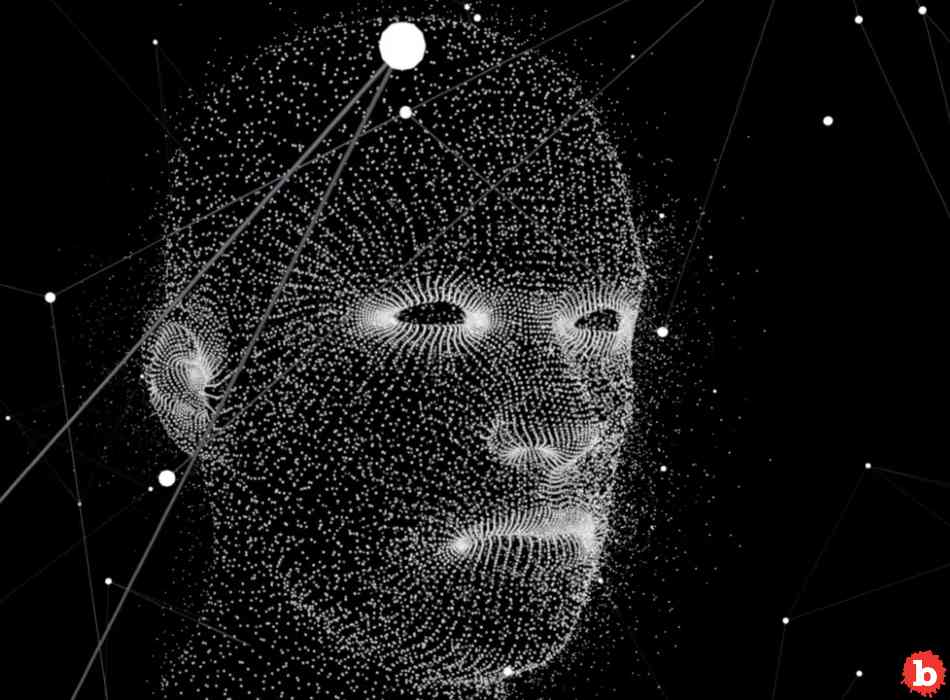FIRST GENETICS, NOW FACIAL RECOGNITION CATCHES DECADES LONG FRAUD CASE
It’s become pretty normal fare to see news items now about really old cold cases for murder and other crimes to be suddenly solved because of genetic testing. The advent of genetic testing services and their huge respective libraries of genetic samples has been a huge part of this investigative success, as well as unspoiled evidence archives. But now it seems that facial recognition technology is entering the fray, and we can likely expect this to be a regular part of the news cycle as well. The striking example this week involves an 86-year-old man who was finally caught claiming his dead brother’s life benefits for 5 years.
Read More: The Odd Timing of Westboro Baptist Church Comments Just Before Maui Disaster
SUSPECT’S BROTHER DIED 55 YEARS AGO, AND FACIAL RECOGNITION CAUGHT HIM (AGAIN)
While it is certainly true that it took American authorities a long time to make this realization, it’s hard to argue with the results. But one could, and maybe should, argue that facial recognition shouldn’t have been necessary to make this discovery of criminal wrongdoing. How is it that someone who has been dead for more than half a century is still receiving Social Security benefits as a member of the living? Because it wasn’t a new audit involving biometrics that made this discovery; it was essentially a happy accident, if not for the culprit, Napoleon Gonzalez.
Related:
Facial Recognition Error Gets Pregnant Woman Arrested in Detroit
FACIAL RECOGNITION NAB OF FRAUD SUSPECT WAS SIMPLY A HAPPY AUDIT ACCIDENT
And the happy accident is fairly ludicrous, as it was a simple anti-fraud checksum script searching for duplicated faces and stock art. It seems Gonzalez used the same photo of himself in more than one instance. Even stranger, U.S. officials caught him once before for the same fraud, yet he was able to wriggle out of it and restart receiving his dead brother’s benefits. Regardless, it is safe to assume that there will be more to come, as American government agencies are bound to actually use biometric checks like facial recognition to identify fraudulent crimes like this.













